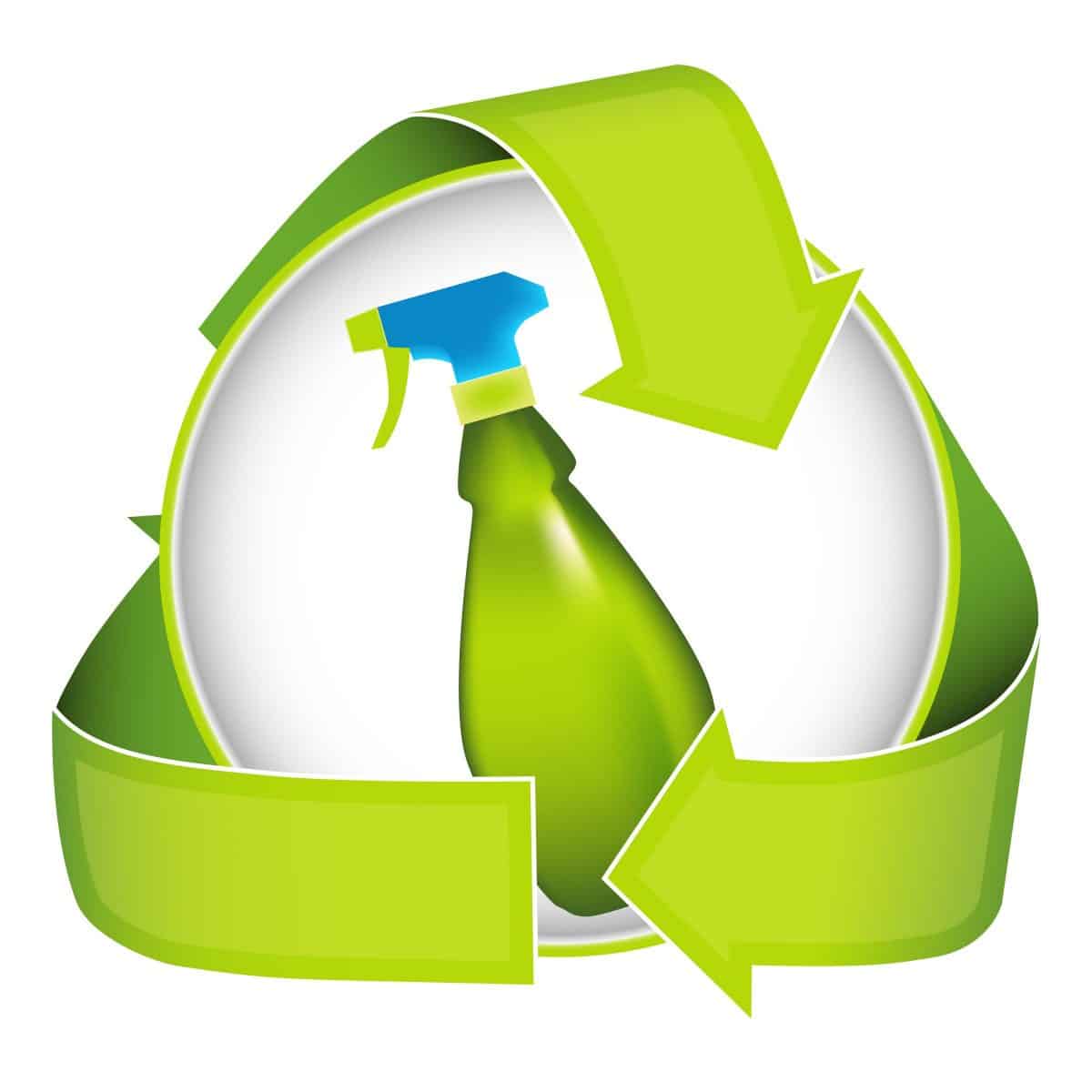At a time when companies and organizations carefully considering operating costs in light of the recent recession, and the EPA continues to add chemicals to its list of hazardous air pollutants (HAPs), emphasis on choosing safe solvents is more profound than ever before. What are safe solvents? It depends on their formulation, as well as how and where they are used. With this in mind, we present four considerations for identifying safe solvents for your cleaning operations.
- HAP Content
When it comes to human safety, using solvents that contain HAPs has two drawbacks: Acute exposure can lead to short-lived, negative health conditions such as upset stomach and dizziness, and chronic exposure can lead to chronic conditions such as brain damage and cancer. In all cases, safe solvents are ones that contain an exceptionally low level or no level of HAP emission. For a list of HAPs, see the EPA’s most recent list of hazardous air pollutants.
- Flashpoint
Choosing solvents that have no flashpoint is the safest option, as these solvents remain inflammable under all conditions. However, if using a cleaner with no flashpoint is not an option, using a solvent that has an exceptionally high flashpoint (e.g., a flashpoint that classifies the cleaner as inflammable) is the best alternative. Cleaning solvents that have low flashpoints have been responsible for countless fires that destroyed equipment and seriously injured workers.
- Intended Use
Using solvents for uses other than their intended ones continues to be a primary way in which solvents are used unsafely. For example, using a water-based, non-dielectric cleaner for cleaning energized equipment could cause the worker who applies the solution to be severely shocked, as a strong electrical current travels from the equipment through the solvent stream. In all cases, be sure to only use a cleaning solvent for the application(s) for which it is formulated.
- Work Conditions
Safe solvents are also defined based on conditions in the work environment where they are applied. For example, if you use a solvent that contains measurable amounts of volatile organic compounds (VOCs), using it in an environment that has a ventilation system for removing VOC vapors, and where workers wear high-level personal protective equipment (PPE), would almost certainly be safer than using the cleaner in an environment that lacks these safety precautions.
Let Us Supply Your Safe Solvents
Using safe solvents for your cleaning needs is a key to eliminating negative health effects in workers that use the cleaners, avoiding EPA fines for overusing hazardous solvents, and preventing damage to equipment that is cleaned. If you need assistance identifying safe solvents for your company or organization’s cleaning operations, Ecolink is here to help. We provide a wide range safe solvents and can also produce custom products for special needs.
Call us today at (800) 563-1305 and let us apply our expertise in solvents to your unique set of cleaning needs. We look forward to supplying you with solvents that are truly safe to use in your work environment!















